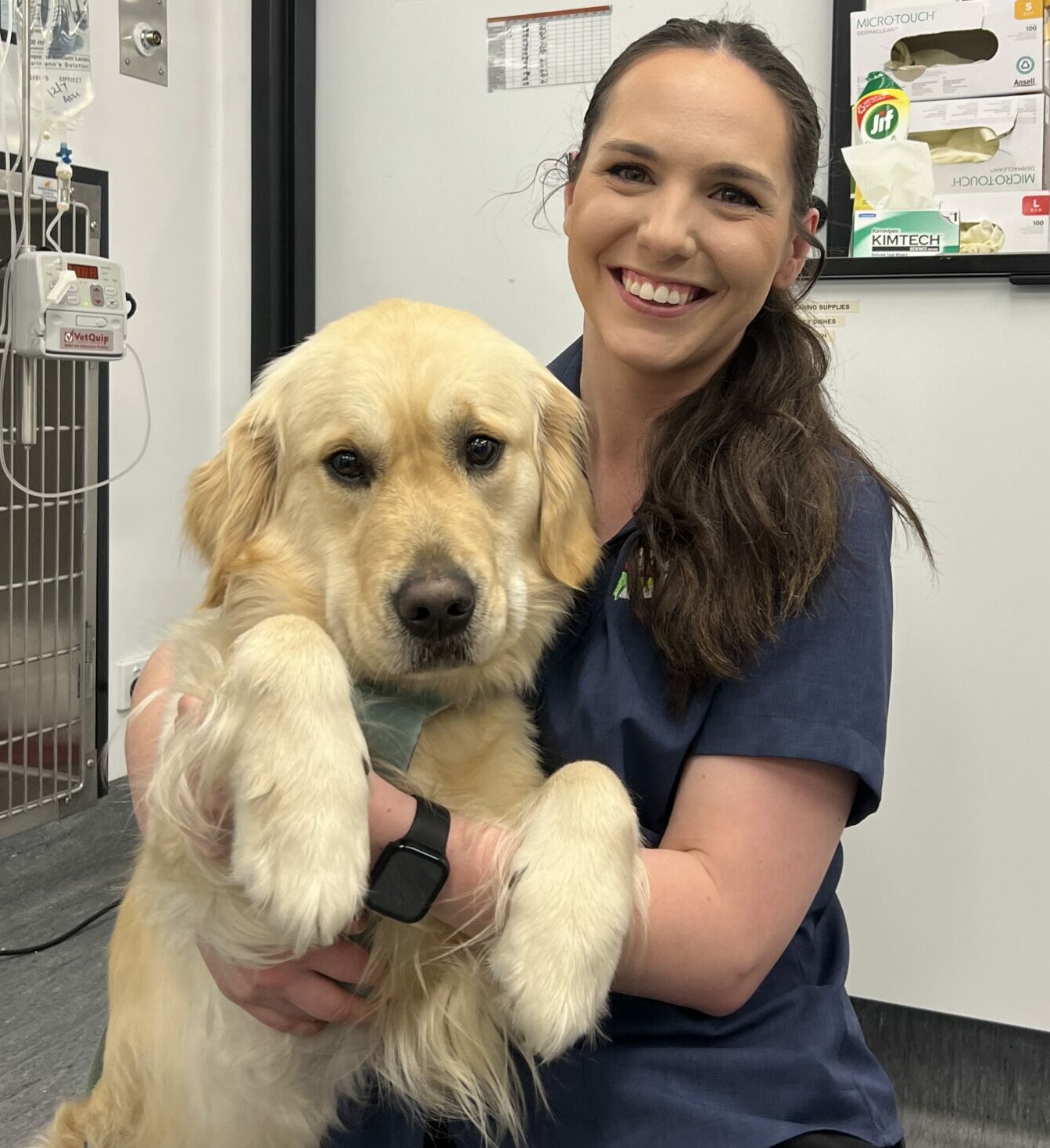The nutritional needs of any mammal will change throughout their lives, especially as they get older and become less active. Like us, our pets don’t need so many calories as they age, and their metabolism naturally begins to slow down. Less activity requires fewer calories; otherwise, there is a tendency for weight gain. There are several physiological changes that affect nutritional intake, which are all part of the natural ageing process, and age-related conditions like arthritis, kidney disease and cognitive decline can be influenced by nutrition.
Understanding what goes on in the body as it ages can help you to choose the best diet and supplements for your pet, and complete senior pet foods take into consideration all your pet’s nutrients at this stage of their life.
Old age is not a disease, but ageing will make pets, as it does humans, more vulnerable to certain medical conditions and diseases, like cancers, kidney problems or heart disease.
What Is Considered Senior?
As a general rule of thumb, a senior pet has reached the last quarter of its expected lifespan, which will obviously vary greatly depending on the species, the breed and the size of your pet. With dogs, the larger the breed the shorter their lifespan, so small breeds like Yorkshire Terriers may be considered senior at 10-12 years old, while medium breeds like a Beagle or Border Collie may be 8-10 years, and large or giant breeds like Labradors or Great Danes may be considered senior as young as 6-8 years old.
Our feline friends vary less in size, but breed and size still matter. However, generally, cats are considered senior from 7-8 years of age. However, there are always individual variations in ageing, and it may depend on an animal’s overall health and activity level.
Signs Of Ageing
As ageing is a gradual process, it can be useful to keep an ageing chart to compare the changes in your pet over time, as otherwise they may go unnoticed. Signs include:
– weight gain or loss
– changes in activity levels or sleep patterns
– changes in appetite
– increased vocalisation or confusion
– vision or hearing loss
– dental problems
Senior Diets
While feeding smaller meals more frequently will help manage hunger and aid digestion, an older animal also needs high-quality protein to combat age-related muscle loss and support cellular repair, a controlled calorie intake that still provides essential fats like omega fatty acids, vitamins and minerals to strengthen immunity and bone health, and a diet that uses high-quality ingredients to aid nutrient absorption. It’s also important to carry out regular blood tests to ensure that this nutritional approach is appropriate for your pet’s individual health needs.
Wet foods are generally more palatable and have a higher water content, making them ideal for pets that need increased hydration. However, dry kibble typically contains more concentrated nutrients and can be better for dental health due to its texture. A mixture of the two can provide a happy compromise, balancing taste, hydration, and oral care. Whichever option you choose, look for foods with plenty of high-quality protein and fibre, and make sure not to exceed the recommended daily amount. Your vet can also recommend senior foods and supplements, such as glucosamine and chondroitin, to help support joint health.
